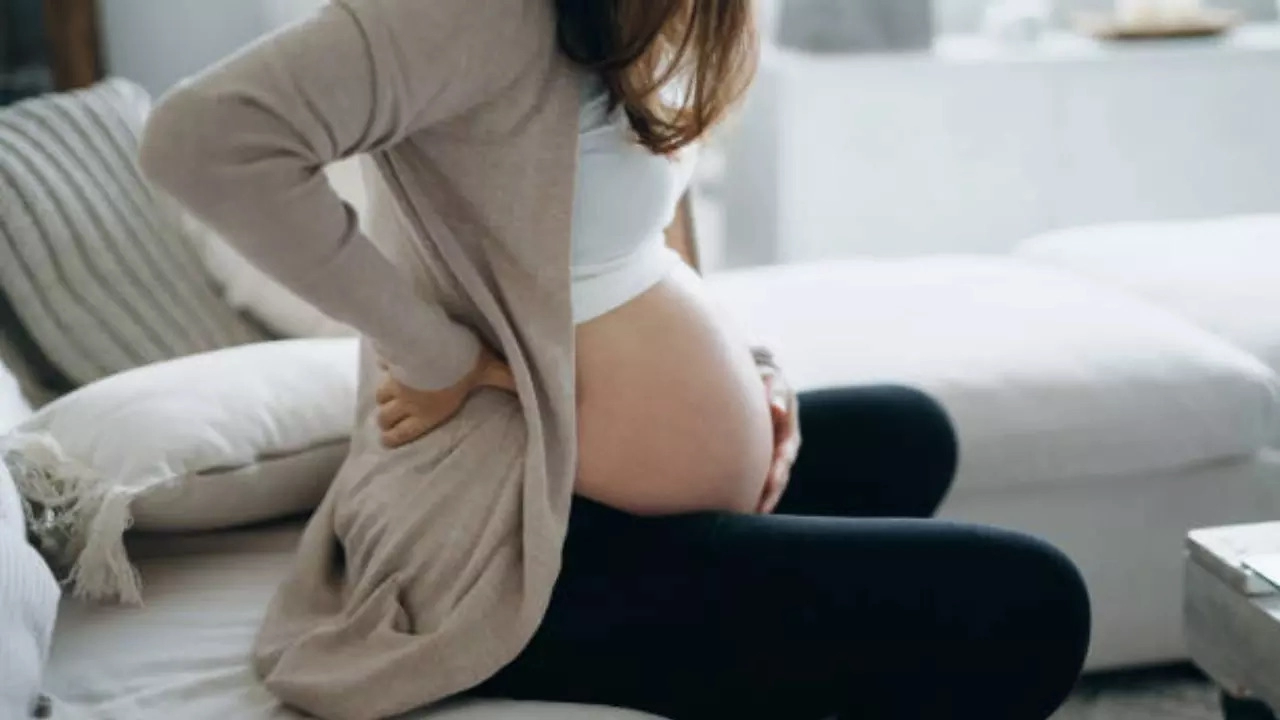Pallavi Mehra • 20 Jul 2024
Can You Get Your Period And Still Be Pregnant? Expert Answers

Can You Get Your Period And Still Be Pregnant? Expert Answers (Image Credits: iStock)
Many women wonder if they can get their period while pregnant. Usually, having a period is seen as a clear sign that you're not pregnant. However, the situation is more complex. Although a menstrual period stops once pregnancy begins, several conditions can cause bleeding that might be mistaken for a period. Hence, to understand these differences we got in touch with Dr Astha Dayal, Director - Obstetrics and Gynaecology, CK Birla Hospital Gurugram who shares the causes of bleeding during pregnancy.
Every month, the body naturally gets ready for a possible pregnancy through the menstrual cycle. It includes the ovaries releasing an egg and the uterine lining thickening. Menstrual bleeding results from the lining shedding if fertilization is unsuccessful.
What Happens When You’re Pregnant?
Dr Astha Dayal shares that the body adapts to hormones throughout pregnancy in order to support the growing fetus. Progesterone keeps the uterine lining healthy and stops it from shedding. Therefore, a normal menstrual cycle does not happen while a woman is pregnant.
Causes Of Bleeding During Pregnancy
Dr Astha Dayal explains even though a pregnant woman cannot truly experience a menstrual period, she may experience several kinds of bleeding that could be mistaken for one. Confusion may result from subchorionic haemorrhage, implantation bleeding, hormone changes, and other causes.
Implantation Bleeding
Implantation haemorrhage is a frequent reason for bleeding during the first trimester of pregnancy. This happens when the fertilized egg adheres to the lining of the uterus, leading to little bleeding or spotting. The confusion stems from the fact that implantation bleeding typically occurs around the time a woman would expect her menstruation.
Subchorionic Hemorrhage
Another reason for bleeding is a subchorionic haemorrhage. It is caused by blood clotting between the chorionic membrane and the uterine wall. Although it can be concerning, it usually goes away on its own and doesn't always endanger the pregnancy.
Hormonal Fluctuations
Hormonal changes in early pregnancy can also cause spotting or light bleeding. These fluctuations might be mistaken for a light period, although the bleeding is usually less intense and shorter in duration.
Other Possible Reasons
Ectopic Pregnancy
Bleeding may result from an ectopic pregnancy, in which the fertilized egg implants outside the uterus, usually in a fallopian tube. This is a medical emergency that has to be treated right once since there could be major health hazards.
Cervical Changes
The cervix changes and becomes more sensitive during pregnancy. Sometimes minor bleeding or spotting might result after activities like sexual activity or a pelvic exam.
Miscarriage
Another explanation for bleeding during pregnancy is an early miscarriage. Even while not every bleeding results in miscarriage, it is imperative to see a doctor if the bleeding is extensive or occurs in conjunction with intense cramping.